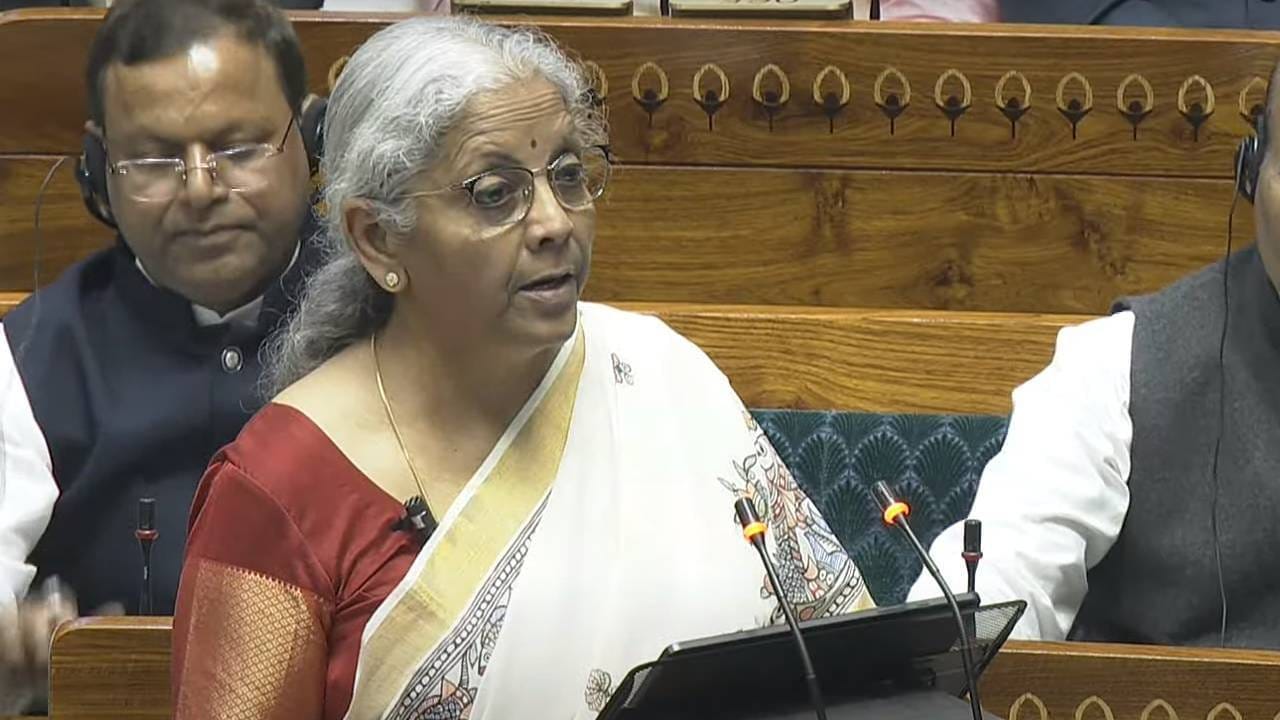Are your WhatsApp messages really private?
new I-T bill explained
We’re very close to the weekend, and things are getting serious already.
Let’s delve into the latest developments shaping India's financial landscape. Today, we're unpacking the proposed Income Tax Bill, 2025, and its implications for digital assets.
So, grab a cup of chai, and let's dive in!
📌 A digital makeover for India's tax laws
Ever tried catching a fish with a net full of holes? That’s pretty much what tax authorities have been dealing with when it comes to digital assets under the old Income Tax Act of 1961.
But times are changing, and so are the rules. Enter the Income Tax Bill, 2025, a fresh, tech-savvy upgrade to keep up with our increasingly digital world.
Why the overhaul?
Let’s be honest. Money isn’t just about cash and bank accounts anymore. We’ve got crypto, digital wallets, and online transactions that move faster than a Mumbai local.
But the old tax laws? They weren’t built for this.
That’s why Finance Minister Nirmala Sitharaman stepped in, saying:
"Income Tax Law did not give legal backing to check digital assets, so have included it. Added checking of digital elements in the Income Tax Act, Law should give legal backing."
Translation? If you're moving money digitally, especially in crypto, the government now has the legal tools to keep an eye on it.
📌 How are they cracking the code?
The government isn’t just rewriting the rulebook; it’s upgrading its tech game. Digital forensics are now playing a huge role in catching tax evaders.
Some real-life examples:
WhatsApp messages – Encrypted chats led authorities to ₹250 crore in unaccounted money.
Google Maps history – Investigators used location data to track down hidden cash stashes.
Instagram clues – Flashy social media posts helped link luxury properties to tax dodgers.
Moral of the story? Your digital footprint tells a bigger story than you think.
So, what’s changing?
Here’s what the new tax bill brings to the table:
✅ Wider net for digital assets – Cryptocurrencies, NFTs, and other digital valuables? All are now under the tax lens.
✅ More power to investigators – Officials can access emails, WhatsApp, Telegram, cloud storage, and even enterprise software without waiting for separate approvals.
✅ Instant property seizures – If authorities suspect foul play, they can immediately freeze and attach assets for up to six months.
But what about privacy?
While stricter tax enforcement is necessary to curb evasion, it also brings up serious concerns about privacy and surveillance.
With tax officials gaining access to personal messages, emails, cloud storage, and social media activity, there’s a fine line between legitimate investigation and overreach into private lives.
An individual's WhatsApp conversations or Google Maps history might get scrutinized, not because of illegal activity but due to vague suspicion.
Could this lead to unwarranted harassment? What safeguards exist to prevent officials from misusing their expanded powers?
The key here is transparency and accountability. There must be clear guidelines on when and how digital surveillance can be used, judicial oversight to prevent misuse, and mechanisms for individuals to challenge unjust actions.
Without these, the law runs the risk of being weaponized against innocent citizens rather than just targeting genuine tax evaders.And what’s next?
The Income Tax Bill 2025 is still under review, with lawmakers and industry experts weighing in.
If passed, it’ll replace the six-decade-old tax system and bring India’s financial rules into the digital age.
📌Before you go…
Some fun facts you should know:
The term "cryptocurrency" was first coined in 1998, way before Bitcoin was even a thing!
India’s crypto market is booming, projected to grow by 18% annually.
So, that’s it for today. If you enjoyed this edition, subscribe to hear from us every day!
See ya 👋


